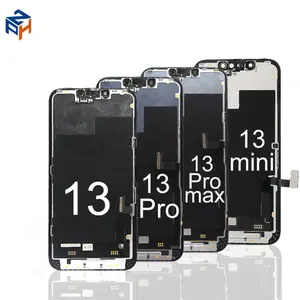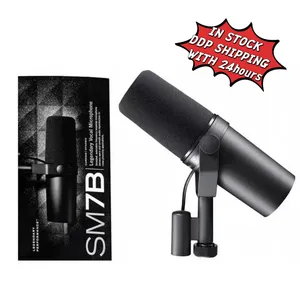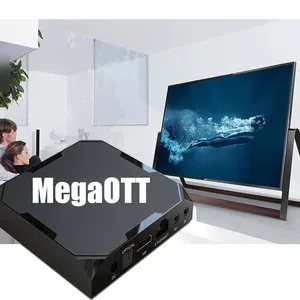Popular in your industry













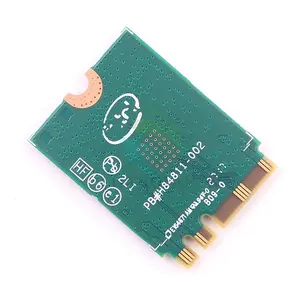












































Related Searches:






















































































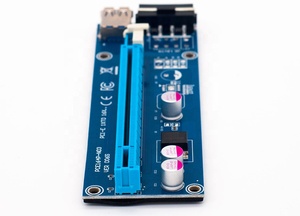




























Top categories
About usb 3.0 pci express card
Introduction to USB 3.0 PCI Express Cards
The USB 3.0 PCI Express card is an essential component for expanding the connectivity of a computer system. It leverages the high-speed PCI Express (PCIe) interface to add additional USB 3.0 ports to a desktop, enhancing data transfer rates and peripheral connectivity.
Types and Compatibility
Various types of PCIe to USB 3.0 cards are available, designed to fit into different PCIe slots such as PCIe x1 3.0 or PCIe 3.0 USB configurations. Compatibility is key, and users must ensure that their motherboard has the appropriate PCIe slot available for the card.
Applications and Uses
The primary use of a PCI express USB card is to increase the number of available USB ports. This is particularly useful for users who need to connect multiple devices simultaneously, such as external hard drives, drawing tablets, and other USB-enabled devices.
Features and Materials
A USB PCI Express card typically features a robust build, with high-grade electronic components that ensure durability and a consistent performance. The card may include a variety of USB port types, including the standard Type-A ports and sometimes Type-C ports for newer devices.
Advantages of USB 3.0 PCI Express Cards
The advantages of integrating a PCIe USB 3.0 card into a system include faster data transfer speeds compared to older USB 2.0 cards, more port availability, and the ability to handle power-intensive devices without compromising performance.
Selecting the Right Card
When choosing a USB 3.0 port PCI card, it is important to consider the number of ports, the speed of the PCIe bus, and the form factor of the card to ensure it fits within the computer case and works with the existing motherboard layout.


